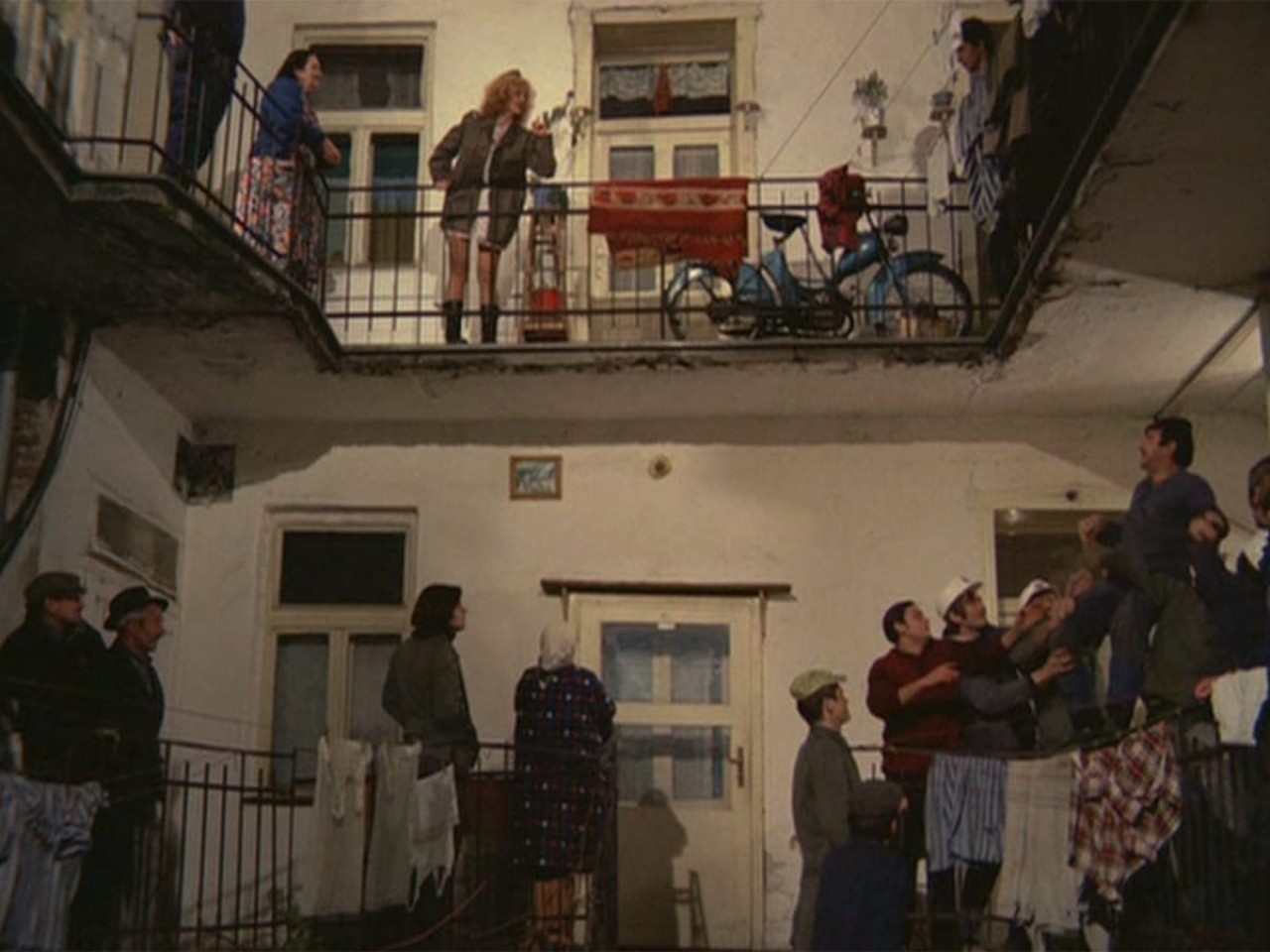WR: Mysteries of the Organism

What does the energy harnessed through orgasm have to do with the state of communist Yugoslavia circa 1971? Only counterculture filmmaker extraordinaire Dušan Makavejev has the answers (or the questions). His surreal documentary-fiction collision WR: Mysteries of the Organism begins as an investigation into the life and work of controversial psychologist and philosopher Wilhelm Reich and then explodes into a free-form narrative of a beautiful young Slavic girl’s sexual liberation. Banned upon its release in the director’s homeland, the art-house smash WR is both whimsical and bold in its blending of politics and sexuality.
DIRECTOR-APPROVED SPECIAL EDITION FEATURES
- Restored high-definition digital transfer, supervised and approved by director Dušan Makavejev
- Audio commentary assembled from Raymond Durgnat's 1999 book on the film
- Hole in the Soul, Makavejev’s 1994 tragicomic autobiographical short film, originally made for the BBC
- Interviews with Makavejev
- PLUS: An essay by critic Jonathan Rosenbaum
Cover by Lucien S. Y. Yang
DIRECTOR-APPROVED SPECIAL EDITION FEATURES
- Restored high-definition digital transfer, supervised and approved by director Dušan Makavejev
- Audio commentary assembled from Raymond Durgnat's 1999 book on the film
- Hole in the Soul, Makavejev’s 1994 tragicomic autobiographical short film, originally made for the BBC
- Interviews with Makavejev
- PLUS: An essay by critic Jonathan Rosenbaum
Cover by Lucien S. Y. Yang

Cast
- Milena Dravić
- Milena
- Ivica Vidović
- Vladimir Ilyich
- Jagoda Kaloper
- Jagoda
- Tuli Kupferberg
- U.S. Soldier
- Zoran Radmilović
- Radmilović
- Jackie Curtis
- Herself
- Miodrag Andrić
- Yugoslav Soldier
Credits
- Director
- Dušan Makavejev
- Cinematography
- Pega Popovic
- Cinematography
- Alexander Petković
- Sound
- Ludwig Probst
- Sound
- Dušan Aleksić
- Editing
- Ivanka Vukasović
- Art direction
- Dragoljub Ivkov














